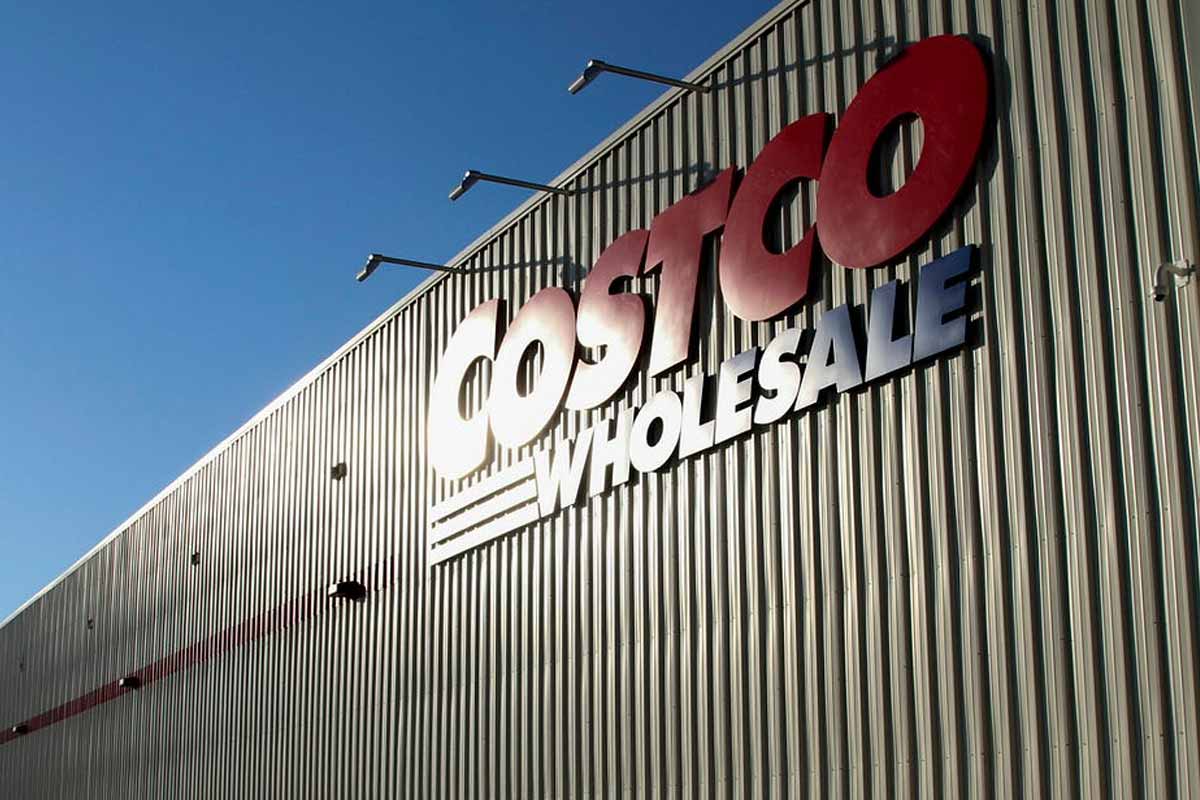One choice at the booking screen can double a travel bill, even when the vehicle is identical. A Colorado visitor paid Alamo $677.72 for a week, then found the same intermediate SUV priced far lower through Costco. In her clip, creator Alex Petrakieva explains the breakdown: $430.88 for time and distance, $246.84 in taxes and fees, and a later comparison showing $290.98 for the same company via the membership travel portal.
What the traveler actually paid—and why it ballooned
The couple compared brands online and chose Alamo for a weeklong Colorado road trip. Their receipt shows $677.72 all-in: an intermediate SUV, standard coverage, and typical airport surcharges. The largest slice, $430.88, comes from time and distance. Taxes and other fees stack on another $246.84, pushing the total much higher.
After posting the bill, the traveler’s inbox filled with one refrain: check the warehouse club’s travel portal. She searched the identical week, company, and vehicle class. The result stunned her. An intermediate SUV with unlimited mileage and an additional driver priced at $290.98, far below what she had just paid.
She recorded a follow-up to share discovery and the lesson. The price swing came from negotiated rates and bundled perks many renters overlook. She summed it up with a quip repeating in the comments: ‘Costco is a mindset.’ Members echoed it, because savings feel like a habit, not a hack.
How Costco Travel undercuts sticker shock
Membership portals aggregate rates from major agencies and use negotiated pricing to lower the starting number. They often bundle a free additional driver and unlimited mileage, which cuts add-on costs at the counter. Because taxes and surcharges differ by location, comparison across brands and pickup sites can surface outsized savings.
Inventory shuffles by the day and even by the hour. A search one week may look expensive; another week, the very same vehicle class drops sharply. The portal layout invites rapid re-queries across times, companies, and car sizes, so travelers can pivot when prices soften without wasting time at all.
Airports add convenience, but off-airport desks sometimes price lower once shuttle time is acceptable. Filters help weigh that tradeoff. Travelers also avoid prepaid traps by choosing flexible reservations, which preserves leverage. That flexibility matters later, because a falling price lets you swap reservations quickly and pocket the difference with drama.
What frequent renters say about price drops
In comments, travelers thanked the creator for surfacing a blind spot many overlook. One said they built a Disney vacation using the warehouse portal and an AI assistant, describing stress-free planning. Another called the approach a lifestyle, not a hack, because the process turns searching and rebooking into a routine.
Honeymooners chimed in with package wins, noting bundled extras and transparent totals. A Glacier National Park visitor contrasted a week’s SUV at about $600 through the membership site versus $1,400 to $1,800 elsewhere. The gap echoed the Colorado case: same car class, same timing, a different number once rates applied.
Outside social clips, a Reddit discussion urged travelers to keep checking the portal after booking. When the quote falls, cancel the old reservation and rebook the lower one—no penalty, no calls. That flexibility is where Costco-style discipline shines for many, because small dips stacked over time become real money saved.
Build a booking routine with Costco-level discipline
Start with a comparison search across major agencies for your dates and airports. Open the membership portal in a second tab and mirror the query. Sort by total price, then by the car class you need. Note extras that matter in real life: an additional driver, mileage caps, pickup location.
Set nudges and create a reminder to recheck prices before departure. With flexible bookings, a five-minute re-query can shave a surprising amount. Rebook the better rate, then cancel the prior confirmation. If a different brand wins, embrace the switch—loyalty points rarely beat a meaningful cash difference on short trips.
Read fee sections carefully, because totals hinge on them. Airport concession charges and local taxes add up fast. Decline unnecessary add-ons at the desk, especially services you already have through credit cards. Bring proof for liability and collision coverage to keep check-out quick and avoid pitches that bloat your bill.
Limits, fine print, and situations where other deals win
Not every market returns the same savings. Seasonal demand, limited inventory, and blackout periods narrow the gap. One-way rentals, under-25 fees, and specialty vehicles can blunt membership advantages. Corporate, university, military, and association codes sometimes beat public portals, so run a parallel search and keep screenshots to compare offers precisely.
Insurance deserves careful attention. Credit cards often include secondary collision coverage, but that varies by issuer and country. Verify terms before declining protection at the counter. Fuel rules matter, too: prepaid fuel rarely wins; returning full usually does. Mileage caps and cross-border restrictions can apply at smaller locations today, unexpectedly.
As for the viral clip, the outlet that summarized it said it sought comment from the creator and the warehouse club. Responses were pending at the time. Regardless, the takeaway stands: when a habit includes one Costco check before you buy, you shrink risk, tame fees, and keep trips affordable.
The simple habit that quietly keeps more cash
Price comparison is table stakes, yet habits win the war on travel costs. Match your dates across brands, keep a flexible reservation, and revisit the search before you fly. Set reminders, note inclusions, and avoid prepaying unless a deal is airtight. When one disciplined check on Costco shifts a weekly total by hundreds, the routine becomes non-negotiable. It is quick, calm, and repeatable—and it keeps the driver’s seat, and your budget, firmly in your hands.
